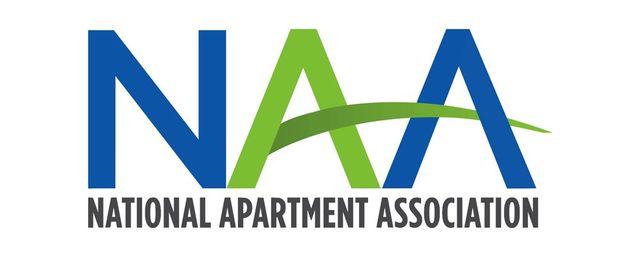In the current society, numerous individuals reside in multi-unit buildings, including flat buildings and condominiums. Such structures frequently share resources like electricity, water, and broadband services. Overseeing these shared utilities effectively is crucial for both the environment and the residents' comfort. Digital utility administration approaches can assist improve the efficiency of these common resources. By using tech and information analytics, property managers can streamline the way resources are used, leading to cost savings and a better living experience for all.
A effective strategy for managing resources in multi-dwelling buildings is the implementation of intelligent measurement devices. Intelligent meters provide immediate information on power and water usage. This data enables building managers to identify trends and patterns in resource consumption. For example, if a particular apartment consumes significantly more H2O than its neighbors, the manager can investigate possible leaks or encourage the tenant to embrace more water-saving habits. By tackling these concerns promptly, managers can reduce loss and lower utility expenses for everyone residents.

Another crucial aspect of digital resource administration is the implementation of eco-friendly technologies. Numerous multi-dwelling buildings can benefit from eco-friendly lighting, heating, and air conditioning systems. Such technologies not only lower energy consumption but also decrease utility bills. Building managers can utilize cloud-based platforms to monitor the performance of such technologies and implement adjustments as needed. For example, if a heating unit is not operating efficiently, the administrator can arrange maintenance or improvements to ensure optimal efficiency.
Alongside intelligent meters and energy-efficient solutions, cloud utility management can improve communication between property administrators and tenants. A cloud-based system can offer residents with visibility to their service usage information, allowing them to monitor their usage. This transparency motivates tenants to be more mindful of their utility use. Additionally, building managers can send alerts about service schedules, eco-friendly tips, or neighborhood events through the system. Improved communication cultivates a feeling of community and motivates tenants to participate in resource-saving efforts.
Finally, implementing digital utility administration approaches can lead to a greater eco-friendly residential space. Through enhancing utility consumption, multi-unit buildings can considerably lower their environmental footprint. This is important not only for the residents but also for the planet. As an increasing number of individuals grow conscious of ecological concerns, they are prone to value residing in a structure that prioritizes eco-friendliness. Building administrators who adopt such approaches can attract environmentally conscious tenants, improving the property's standing and possibly boosting its worth. In conclusion, efficient digital utility administration is crucial published here for establishing effective, pleasant, and eco-friendly residential environments in multi-unit buildings.
Comments on “Enhancing Cloud-based Resource Management Approaches for Enhanced Effectiveness in Multi-Dwelling Units”